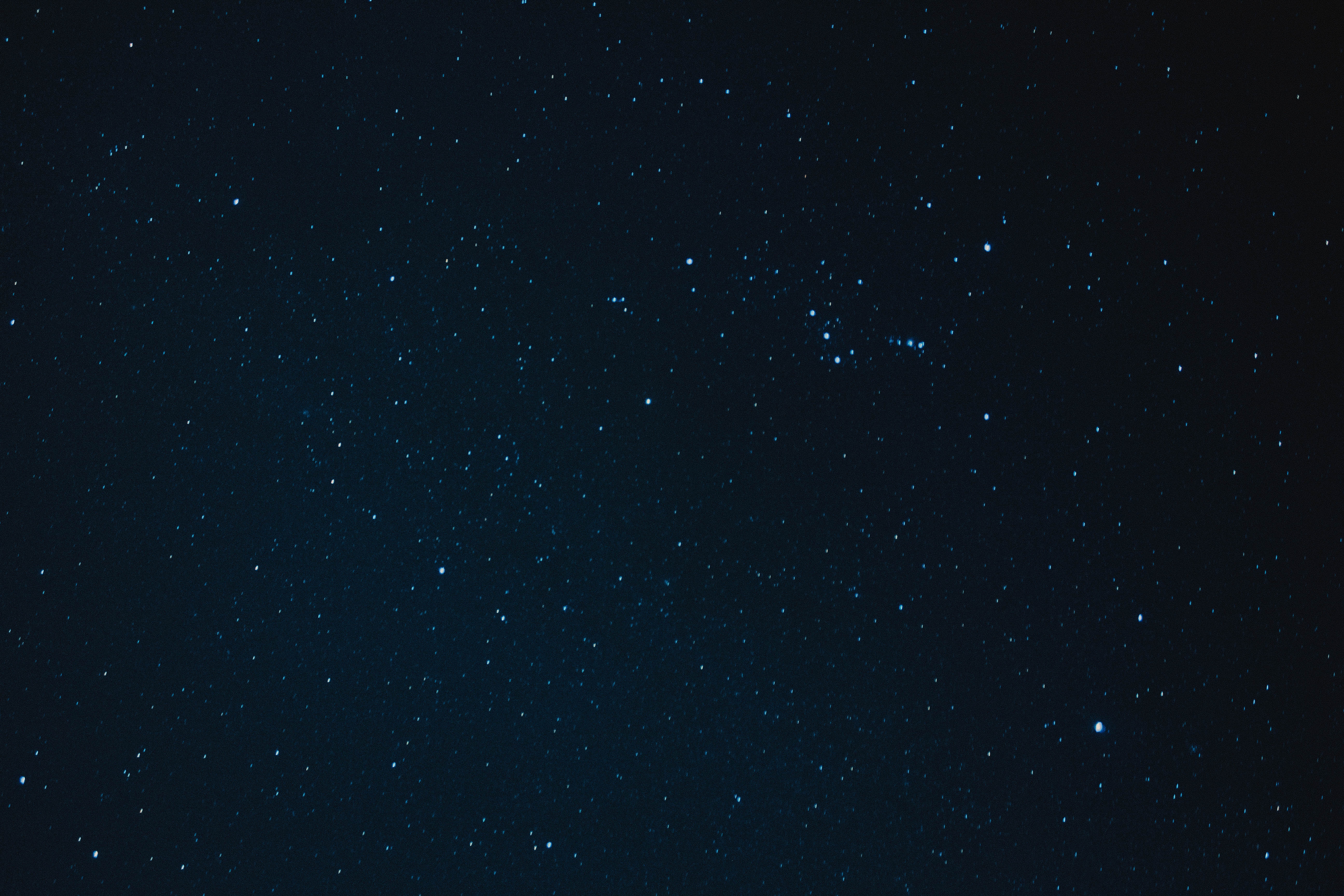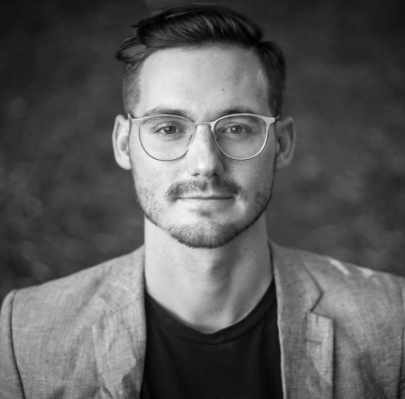
Impact is the future of eLearning (SXSW 2019)

Go1's Social Impact Manager Cameron Cliff has put together a great wrap up of this year’s SXSW conference. Here, Cam shares his highlights from the event and his thoughts on the need for more inclusive design and aiming for impact.
Truly focusing on people takes time that modern businesses don’t have.
The solution - ongoing, diverse education for workers combined with inclusive design and aiming for impact. People need to understand an issue, have access to education to upskill themselves to take effective action on a case-by-case basis, involve their customers in the design process and then tie their work to a real world impact.
Not sure how that works? Read on.
South by South West 2019 was all about learning and impact.
SXSW is all about collision; a gaze into a future where music, film, interactive technology and education all come together. It’s a place where flocks of nuns with dogs promote an Amazon series alongside teenage girls stamping out sexual harassment. It’s also a place where change makers in every industry get their start or make major announcements (Twitter, Foursquare, Dropbox, Facebook, Google, Amazon… to name a few).
Go1 was privileged to attend this year’s SXSW as one of Westpac’s Businesses of Tomorrow and showcase itself to the world at Australia House with G’Day USA. As well as a global trend towards life long learning, we noticed a core problem across every business sector.
1. You’re designing for people, so act like it.

The question to every panel, the demand from every judge -“tell me about your impact.”
Putting people at the centre of your business, your product, your marketing… it’s everywhere and it couldn’t come soon enough. Human Centred Design or people centric design has been around for years and it’s starting to catch on in a big way. But, like all big trends, it’s in danger of becoming another tick box rather than a genuine design philosophy.
Whether it was discussions about the millions that workplaces are losing because of their failure to spark curiosity (the Death of Curiosity and Innovation, Elliott Hedman) or asking if empathy has left us in our quest to appear relevant rather than be relevant (Is the Age of Empathy Dead?, Martha Cotton), empathy has become a thorny problem for nearly every business. To be truly empathetic, people need to take the time to understand issues, to talk to people and understand their problems and this is directly at odds with the fast growth mentality of modern businesses. More than this, true empathy often isn’t rewarded in today’s work cultures, leaving workers stressed out, depressed and anxious as they lose the connection between their work and its impact on the world.
Throughout SXSW it became apparent that organisations that design without empathy are building enormous houses of cards, ready to fall at any moment. There needs to be a return to education as a way of working and understanding as a way of working and this means taking time… but how do we do this in a smart, scale-able way?
2. Nothing about us, without us.

girl-alliance provided a teen showcase that many adults can learn from when designing learning.
Diversity matters (and people are damn tired of saying it). It’s also the natural extension of people centric design. You’re not putting people at the centre of your business unless you embrace and work with the different people who will be using your product. Too often you have businesses who don’t have a diverse workforce designing for diverse communities, and then wondering why their product doesn’t succeed. More than that, there’s a massive education gap, with most workforces being afraid to embrace diverse communities because they don’t have the education to know how to approach those communities or what those communities need.
girl-alliance was a surprise stand out for us as it echoed this principle to the core. They had teenage girls create a framework for understanding the messy spectrum from flirting to sexual assault (with highly qualified facilitators guiding them). They then turned that into a cheat sheet of what people thought wasn’t ok, how not ok it was and who to talk to about it, creating a solution for teens by teens. This was then echoed by major brands.
Microsoft held an inclusive design masterclass on redesigning their XBox controllers for and with different needs, alongside Google’s inclusivity and diversity focus throughout SXSWedu and UNICEF’s panel on disrupting poverty. At its heart, everything came back to measuring social impact and how this fed into the heart of every business.
3. Your social impact matters.

HBO & Game of Thrones engineered a booked out blood drive with the Red Cross.
There is a new phrase rocking around that is shorthand for rethinking drivers for success to include inclusive design, community and outcomes - social impact. The startups announcing their product launches at SXSW, the panels by big brands like the Hollywood majors on their new streaming platform Quibi… the question that kept popping up was what is the impact of this? How will you measure its success AND its sustainability?
We’re rethinking ROI to include social impact (thank you Harmony for talking to this so clearly). What this means is asking, how does my product actually help people and how can every process of that product being made have a positive impact? That’s what builds sustainability. This takes a huge amount of education to achieve, it includes life long learning and upskilling, easily available tools and ongoing discussions with communities and customers. But it is vital for any kind of ongoing success today.
You could say I leant towards this because it was a core focus of my PhD and is a core focus of my work here at Go1 managing our Social Impact. But it was the question that has plagued everyone going forward at SXSW this year. These days it’s easy to reach millions of people if you have the cash. What’s difficult is making those millions of people reach out to you and that won’t happen unless you have a meaningful, lasting impact with your work.
We’re actively pursuing this with how we create education offerings here at Go1 and have some exciting new projects to announce on the horizon from our Social Impact team. For a start you can now access training from the incredible Fitzroy Academy on Social Impact on Go1. We spend more than half our adult lives at work and we’re excited to use that time to create safe, mentally healthy and green workplaces that have a positive impact on the world.
Bonus: Our COO Chris meets a little AI companion





